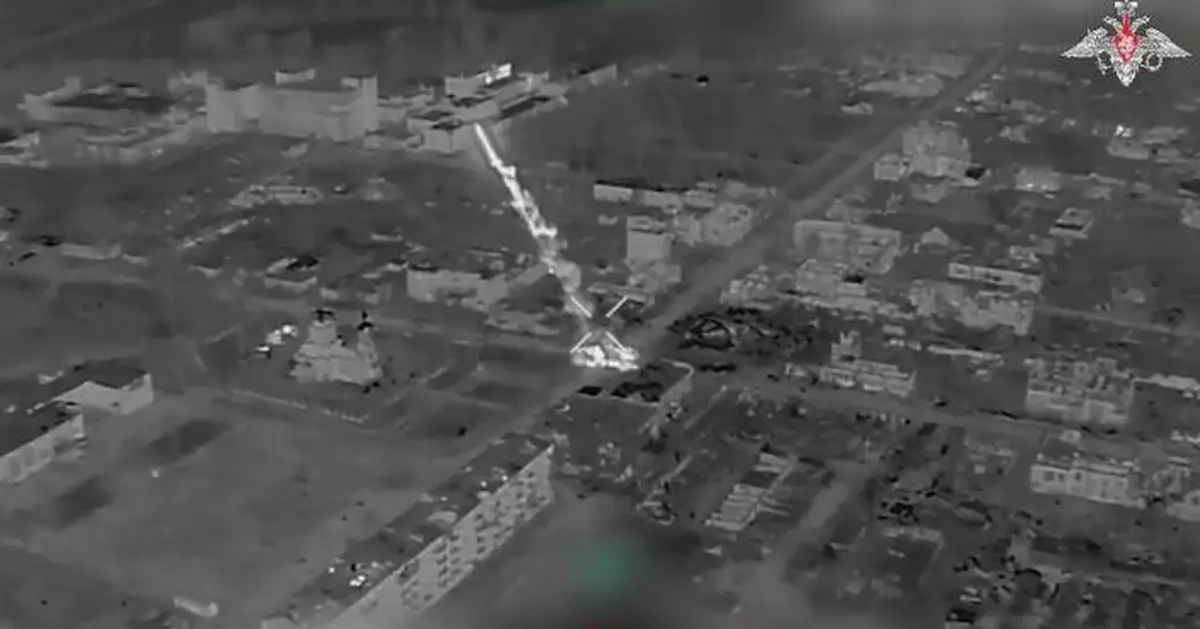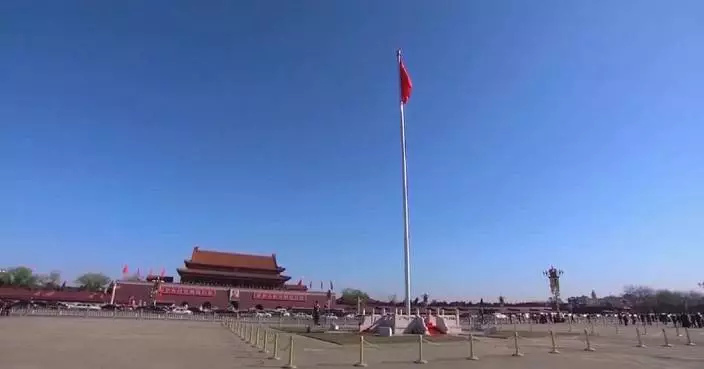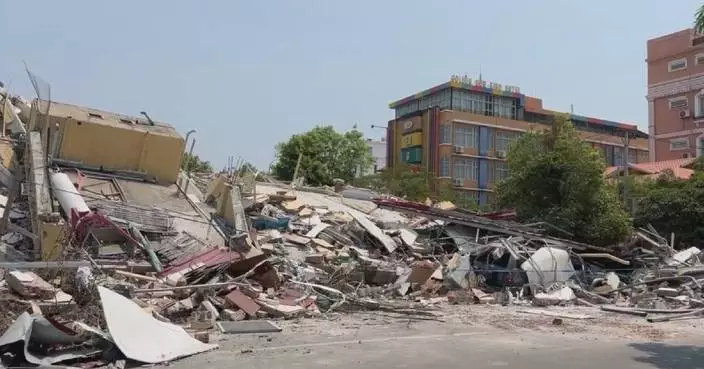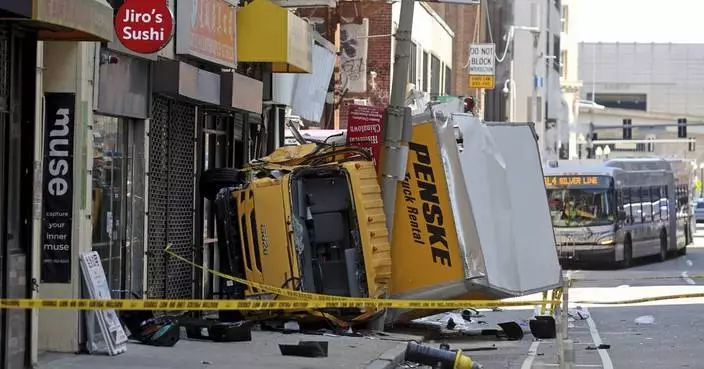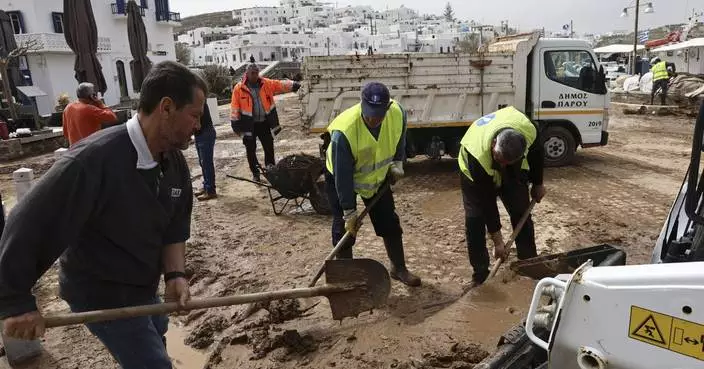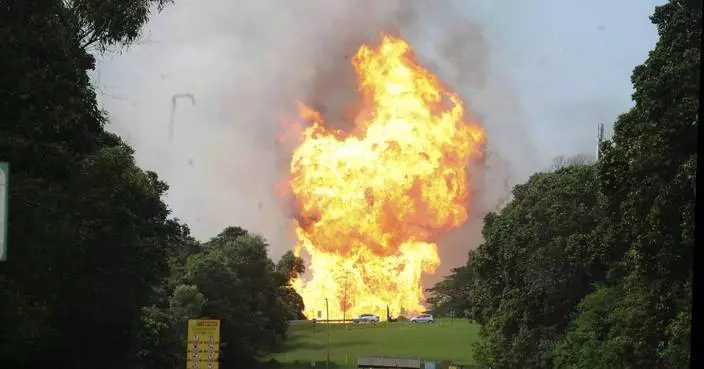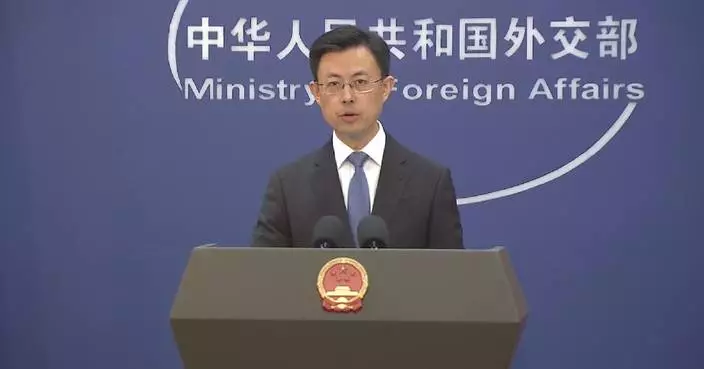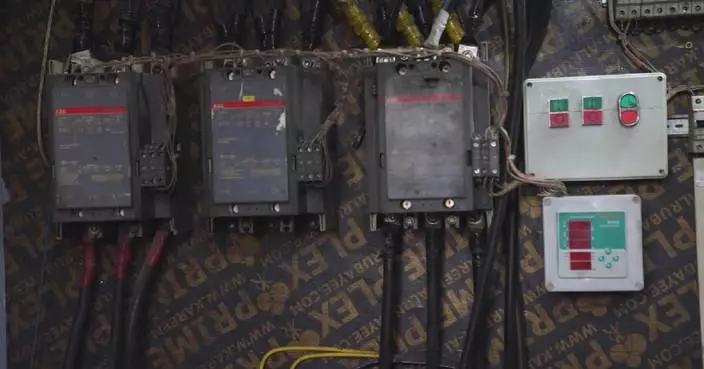Russia and Ukraine exchanged accusations on Friday, each blaming the other for attacks on their energy infrastructure.
The Russian Defense Ministry reported that the Ukrainian army launched HIMARS rockets on a key gas metering facility near the town of Sudzha in Russia's Kursk region on Friday morning, which triggered a large fire and nearly destroyed the facility.
According to Russian state-owned news agency TASS, Foreign Ministry Spokeswoman Maria Zakharova stated that there is reason to believe that the Ukrainian strike on the Sudzha gas metering station was carried out with the assistance of French satellite systems, while British specialists input the coordinates and hit the launch button.
She added that this attack confirms that the Ukrainian side has no intention of pursuing peace, but remains determined to intensify the conflict.
Meanwhile, the General Staff of the Ukrainian Armed Forces stated that Ukrainian military operations exclusively targeted Russian military sites and did not breach the temporary energy truce.
It claimed that Russian forces attacked Ukraine's energy infrastructure in Kherson, Poltava, and other regions within the past 24 hours.
In addition, Russia and Ukraine continued to engage in battles in the directions of Kharkiv, Kupyansk and Kursk, with the Russian Defense Ministry reporting that its troops regained control of a settlement in Kursk region in the past 24 hours.
The General Staff of the Ukrainian Armed Forces said its troops fought 100 battles against Russian soldiers on the front lines as of Friday afternoon.
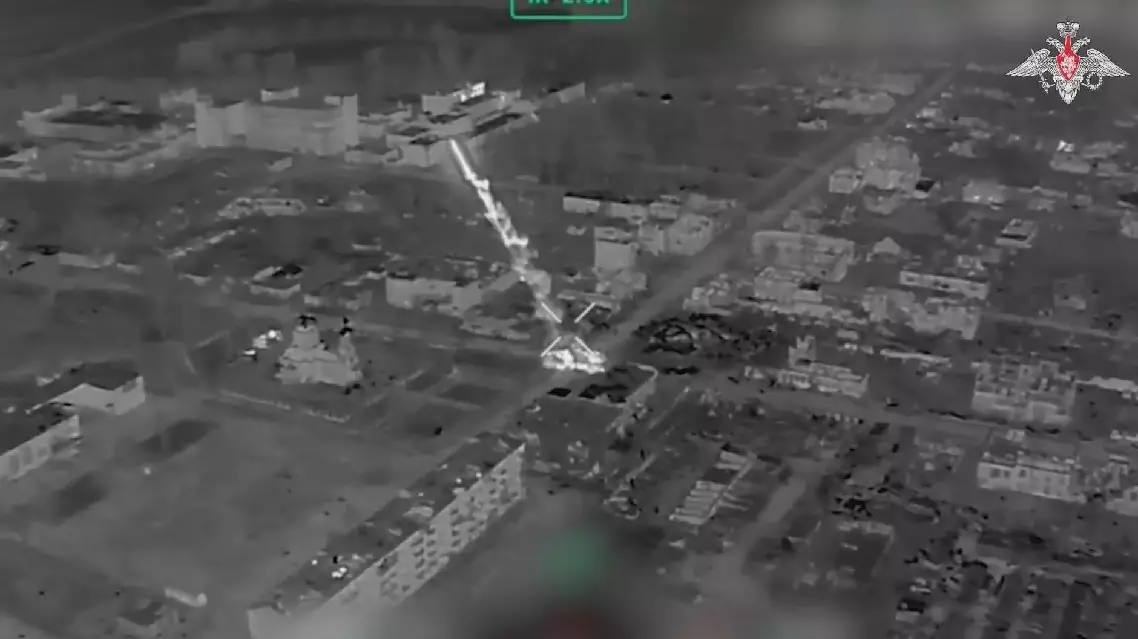
Russia, Ukraine trade accusations over attacks on energy facilities
Los Angeles is grappling with rising costs and delays in its wildfire recovery process, as tariffs on construction materials imposed during the Trump administration compound the challenges.
The devastating wildfires recently destroyed over 17,000 homes and businesses, leaving communities urgently pushing forward with reconstruction.
The Trump administration has recently rolled out new tariffs on a wide range of construction materials, including steel and aluminum, from the main trading partners of the United States, such as Canada, Mexico, and China. This has significantly driven up costs, further complicating the recovery efforts
"As the city and county of Los Angeles move aggressively to rebuild the wildfire areas in Malibu, Pacific Palisades, and up in Altadena, to build those houses, we need softwood lumber, aluminum, and steel from Canada," said Gene Soroka, executive director of Port of Los Angeles.
While the tariffs aim to boost domestic production, the transition will take time. In the interim, the shortage of materials is creating ripple effects across the construction sector.
"We are still handling a lot of imported steel, despite the tariffs because there's not enough American manufacturing of steel right now. So, one of the unintended consequences that this has done the wrong way is you don't have enough steel. That impacts construction, that impacts economic growth across the board," said Weston Labar, chief strategy office of Waterfront Logistics.
According to the Associated General Contractors of America, housing costs could skyrocket by almost 50 percent, widening the gap between insurance payouts and actual rebuilding expenses. It may force many homeowners to delay or even abandon their reconstruction plans, prolonging the housing shortage in Los Angeles.
Tariffs are also driving up prices for other products, impacting recovery efforts.
"We need appliances from Mexico, furniture from China, and all of those prices are going up, whether anticipatory, or real as these imports are coming across our port complex. So, we've got to have some pretty detailed discussions about this because families who want to rebuild, businesses who want to get back into the office are going to be impacted by these tariffs one way or another," said Soroka.
As Los Angeles strives to recover, the economic uncertainty caused by tariffs presents a formidable obstacle.
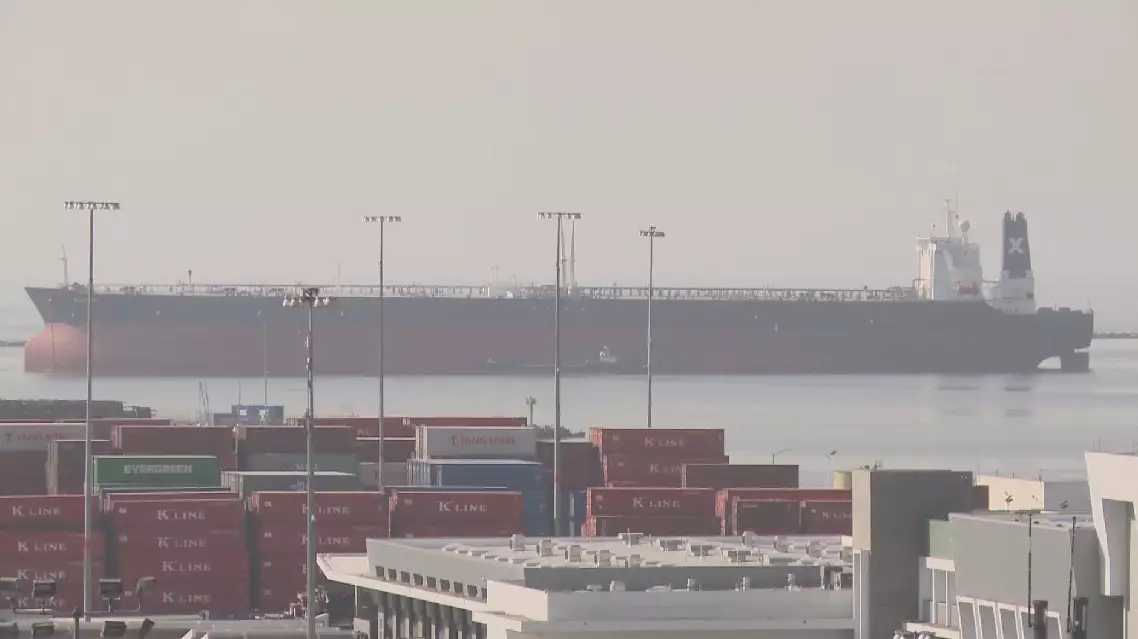
Tariffs add strain to Los Angeles wildfire recovery efforts



